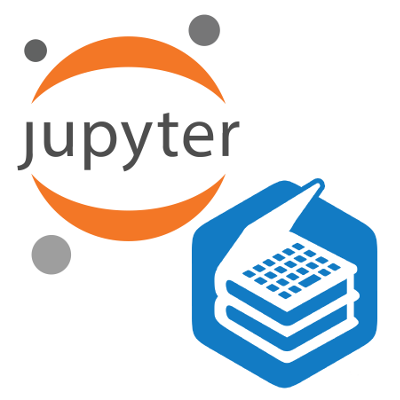
Summary
We are interested in providing an interactive computing environments in online textbooks at a massive scale. LibreTexts is one of the largest and most visited online compendium of textbooks used in collegiate academics. The website currently serves mostly static and non-interactive content. We are working to enable Jupyter-backed interactive computation cells that authors can use to incorporate Python, R, Octave, and Sage generated media for pages. This will enable arbitrary visualizations and allow students to learn through computational oriented exercises.
| Theme | Engineering Education | Current Researchers | Kevin Rong, Lyla Sanders |
| Last Worked On | August 2020 | Past Researchers | Abigail Alamanza, Lawrence Lee, Eric Li, Celine Liang, Xiaochen Zang, Xin Luigi Chen, Kevin Krausse, Henry Agnew |
| Collaborators | Delmar Larsen, Richard Feltstykket, Henry Agnew |
Visit the LibreTexts/UC Davis JupyterHub: https://jupyter.libretexts.org
Associated Research Products
Presentations:
- Celine Liang & Tannavee Kumar, "Boys go to college to get more knowledge, Girls go to Jupyter to...become Data Scientists!", Sacramento Women in Data Science, April 23, 2020
- Tannavee Kumar, "Raising and Nurturing Your Flock JupyterHub on Bare Metal with Kubernetes", National Workshop on Data Education, June 25, 2020
- Celine Liang, Tannavee Kumar, Hao Huang, & Jason K. Moore, "How did the chick learn cross the road? Through Interactive LibreTexts Pages with Jupyter", OpenEd Week, March 2, 2020
- Celine Liang, Xin Luigi Chen, Tannavee Kumar, Hao Huang, Jason K. Moore, "What to do when chicks go bad in your flock: JupyterHub on Bare Metal with Kubernetes", SacPy Meetup,November 14, 2019
- Celine Liang & Xin Luigi Chen, "Metalc: Our Bare-Metal Kubernetes Cluster", Jupyter Open Studio, September 7, 2019
Guides:
Software:
- metalc: Documentation, configuration, and scripts for deploying JupyterHub on a bare metal cluster running Kubernetes.
- ngshare: Software for integrating nbgrader with containerized JupyterHub deployments.
- ngshare helm charts
- CKEditor Binder Plugin
Blog posts:
Media
Jupyter Open Studio Lightning Talk
SacPy 2019 Talk
OpenEd Week Slides
OpenEd Week Webinar
Video tutorial on using the CKeditor Binder plugin.
This presentation outlines the state of affairs of three case studies of faculty-textbook authors integrating Jupyter executable code into their LibreTexts textbooks.

